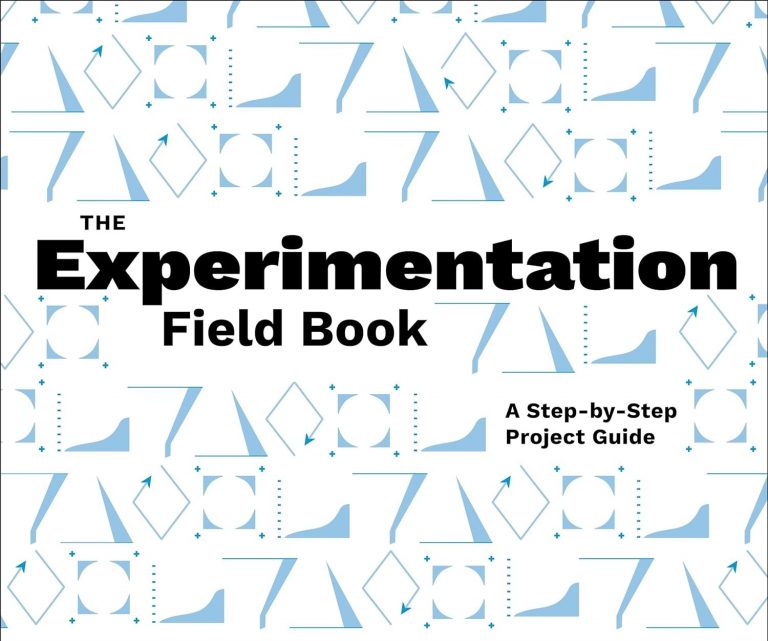Conceptual consumption
“Anybody who is honest about consumer behavior knows that often what we buy is not simply some thing but some idea that is embodied by that thing. “Conceptual consumption†is the name given to this practice in a recent paper with that title by Dan Ariely, a professor of behavioral economics at Duke University (and author of the book “Predictably Irrationalâ€), and Michael Norton, an assistant professor of marketing at the Harvard Business School, in The Annual Review of Psychology. Their notion has various subsets, one of which is the consumption of goals.”
Conceptual Consumption
by Dan Ariely (Duke University) and Michael I. Norton (Harvard Business School)
Annual Review of Psychology 2009. 60:475–99
Abstract
As technology has simpliï¬ed meeting basic needs, humans have cultivated increasingly psychological avenues for occupying their consumption energies, moving from consuming food to consuming concepts; we propose that consideration of such “conceptual consumption†is essential for understanding human consumption. We ï¬rst review how four classes of conceptual consumption—consuming expectancies, goals, fluency, and regulatory ï¬t—impact physical consumption. Next, we benchmark the power of conceptual consumption against physical consumption, reviewing research in which people forgo positive physical consumption—and even choose negative physical consumption–in order to engage in conceptual consumption. Finally, we outline how conceptual consumption informs research examining both preference formation and virtual consumption, and how it may be used to augment efforts to enhance consumer welfare.”
A shorter article on the same theme and by the same authors can be found on the Harvard Business Review.




